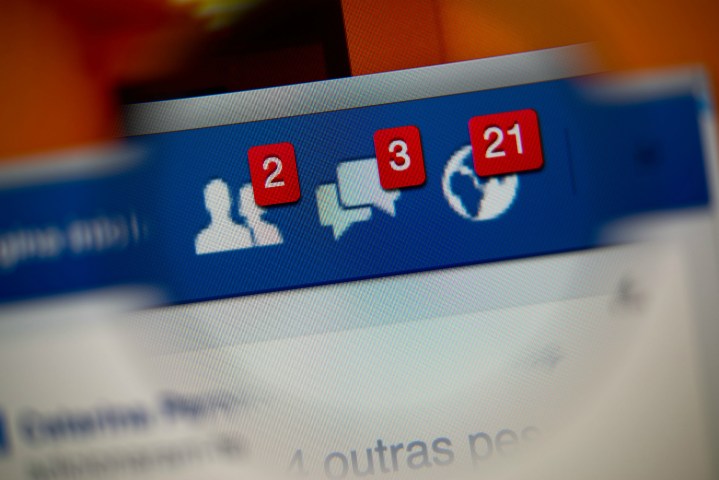
Before Facebook became the global powerhouse it is today, Andreessen’s firm was one of Zuckerberg’s first backers, and perhaps this makes his decision to cash out now, several years later, a bit less suspect. Still, investors have noted that the pace and the sheer quantity of shares the venture capitalist is unloading is a bit out of the ordinary. And considering that Facebook just passed a number of notable milestones (1 billion users a day, blowing past financial expectations, and the like), it seems like an unusual time for Andreessen to be getting out of the game.
Oh, and by the way, Andreessen also sits on Facebook’s board of directors, which begs the question, does he have insight that others don’t?
Still, some analysts, like Palwasha Saaim of Profit Confidential, insists that this is nothing to be alarmed about. Writing that “it makes perfect sense for a venture capitalist to cash out his investment when he finds that his pay-off targets have been met,” Saaim suggests Andreessen may have “liquidated his position to fund another startup in order to make more bucks.” Saaim also notes that given Facebook’s stellar performance not only this year, but for quite a few years running, one man’s decision to sell his share of his stocks shouldn’t send things into a downward spiral.
“Facebook is among the few U.S. corporations that had a great earnings year despite the economy hitting a rough patch,” she writes. “Often cited as one of the best-managed companies,
So try not to overreact, friends. This may not be the best time to take a page out of Mr. Andreessen’s playbook.
